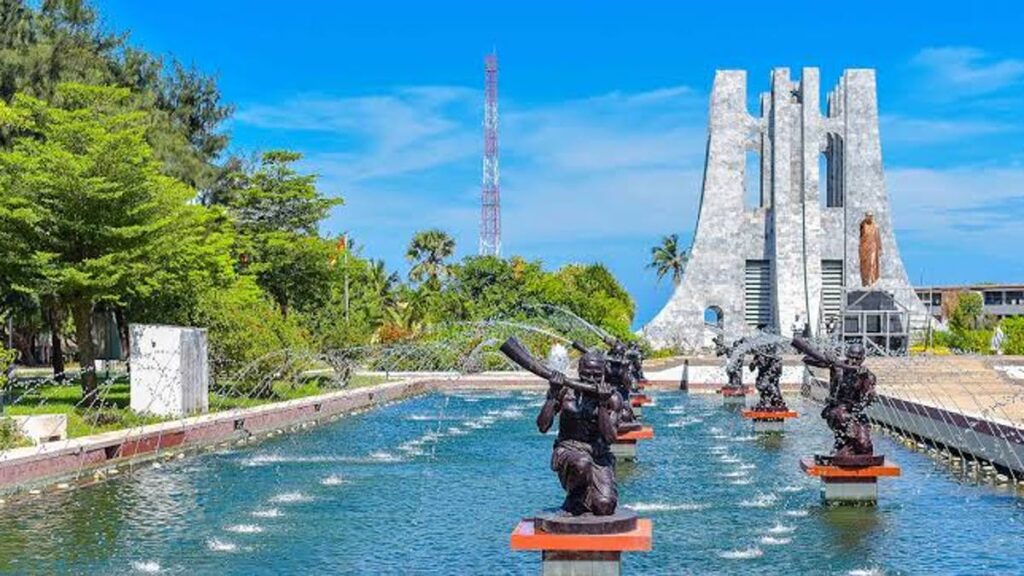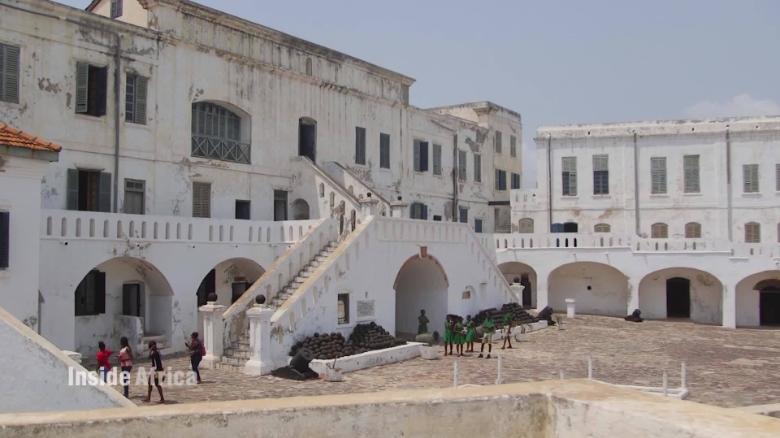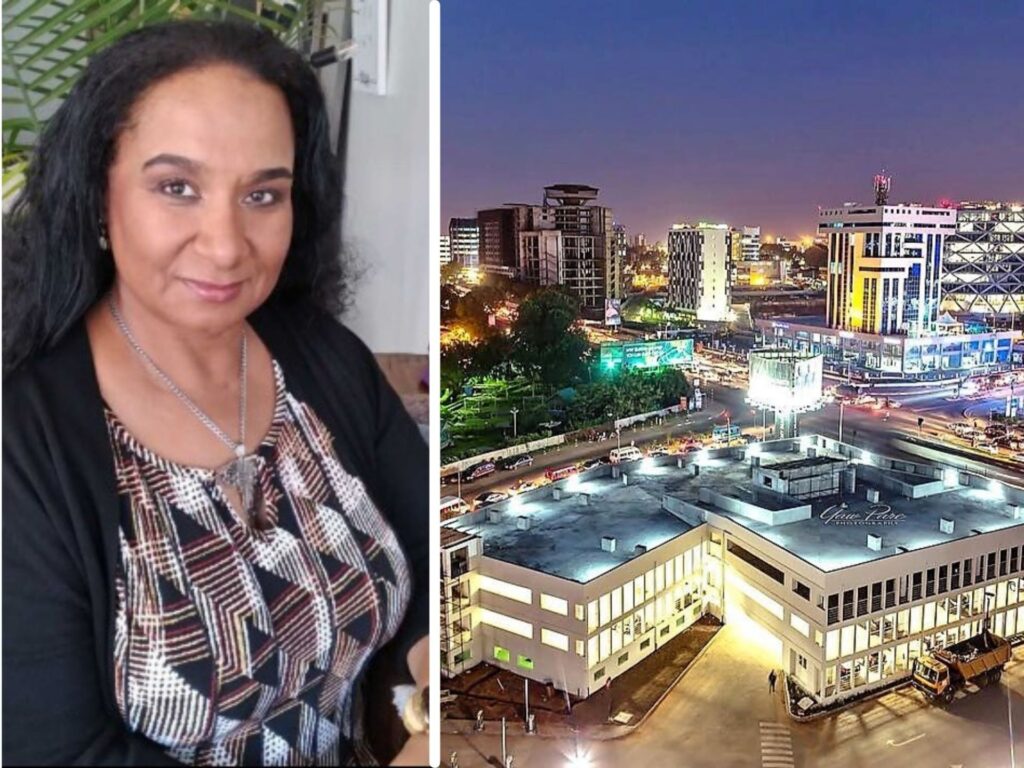Dr. Delia Gillis spent decades as a professor of African and African American history in the Midwest. As the founding Director of the Center for Africana Studies at the University of Central Missouri, she’s introduced hundreds of students to the rich, full history of people of African descent. She’s even served as the Faculty Director of the Missouri Africa Program (MAP) at the University of Ghana.
But taking her passion for African history to the motherland wasn’t enough. Dr. Gillis desired to introduce others to the immersive cultural heritage directly.
On a whim, Dr. Gillis decided to apply to a program in Tulsa which pays entrepreneurs to move to the city and start a business. Not expecting to be accepted into Tulsa Remote, she called it “divine intervention” when she received the good news and arrived in the summer of 2020 during the height of George Floyd-inspired protests. She was surprised to find a welcoming environment of other like-minded individuals.
“In the Kansas City area my community, my village are educators, but in Tulsa it ended up being Black woman entrepreneurs who were very welcoming, very helpful,” Dr. Gillis told The Black Wall Street Times.

Ghana: a destination for members of the African diaspora
That’s when she realized Tulsa, and specifically the historically Black community of Greenwood, home of the original Black Wall Street, has an environment that supports entrepreneurship. Dr. Gillis never expected to be a business owner herself, but after the encouragement from others in the community, she decided to transition her knowledge and passion into a travel group that takes tourists to a major destination in the motherland: Accra, Ghana.
“I spent a semester in Ghana prior to the pandemic. And it was just life-affirming,” Dr. Gillis said.
The professor of history had been to other countries on the continent, “but it was something about being in Ghana and having that reconnection to one’s roots,” she added.
Notably, Ghana launched an initiative in 2019 commemorating 400 years after the first enslaved Africans were forcibly brought to America’s shores. Ghana’s “the Year of Return” was a landmark spiritual journey that encouraged people of African descent across the global diaspora to venture to the country and embrace their cultural heritage.

Tours reveal the trauma and beauty of the African experience
Gillis, who has taken several groups to Ghana’s capital city of Accra, said the trek to the motherland is mentally healing and life-changing for Black people.
“I looked like everyone else. I didn’t stand out, and I wasn’t the only one. I wasn’t having to break a barrier or represent an entire group of people, and I just think all of our young people deserve this opportunity,” Dr. Gillis told TheBWSTimes.
On a mission to show people Ghana is a place to visit, to invest in, to work and even retire in, Dr. Gillis said her soft launch over the summer turned out bigger than expected.
Fifteen people ages 18 through early 60s joined the inaugural tour of Ghana, and they came from six different states: Florida, California, Texas, Oklahoma, Kansas and Missouri.
Describing the trip as an amazing two weeks, Dr. Gillis said she took tourists to two of the most prominent slave “castles” or dungeons: Cape Coast and Elmina. The two internationally historic landmarks receive tens of thousands of visitors a year. The “castles” were some of the busiest slave trading posts for hundreds of years.

“Every young person” should experience Ghana
Olivia Davis is a student at the University of Tulsa. She’s studied in Ghana through a summer program after receiving a Frederick Douglass Summer Scholars Grant. She took a course on Twi, a popular language in Ghana, and a course on the Atlantic Slave Trade.
“I loved Ghana. I was constantly learning something new each day, which I think is one of the most important aspects of studying abroad,” Davis told The Black Wall Street Times via email.
Davis said one of her favorite Ghanian spots was the Alley Bar in Osu.
“It has the perfect combination of good food, music and entertainment,” she said. “It’s a very welcoming and peaceful country. Every young person, especially African Americans, should experience being in a country that looks beyond differences and welcomes you despite them.”
Next tour of Ghana: March 2022
Ultimately, Dr. Gillis said the trip is essential.
“Despite the trauma, it was necessary. There’s so much that’s affirming. You know, when I see the music and the dance, and its connection to our fraternities and sororities in HBCUs, so much of who we are as a culture,” Dr. Gillis said.
While tourists will have to first obtain a visa and have enough funds for the trip, Dr. Gillis called it a “transformational” experience.
“I had people that didn’t want to go back to work after the trip,” she added.
Article Credit: The Black Wall Street Times

Pingback: Real-life ‘Swades’: How a Mumbai-based woman left cushy job in Silicon Valley to help desi business owners - SLSV - A global media & CSR consultancy network